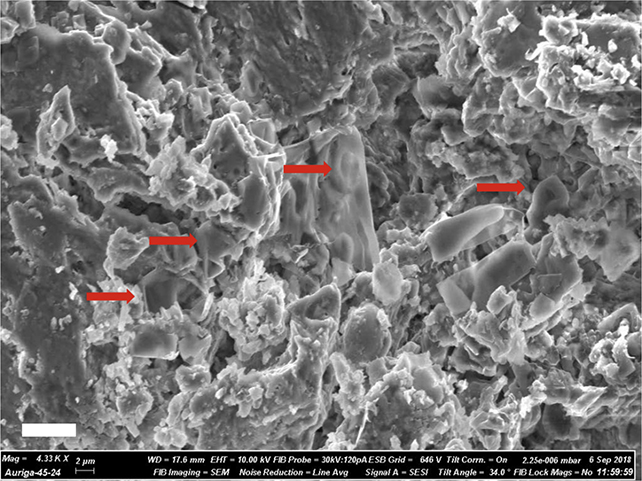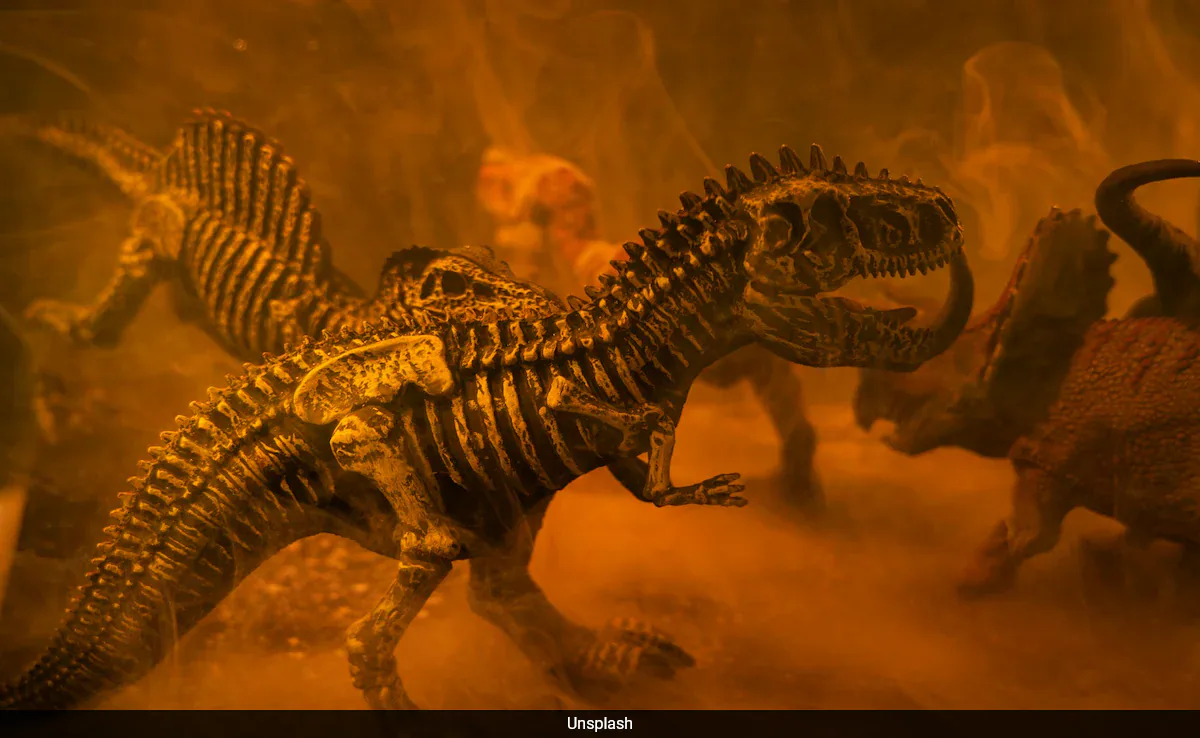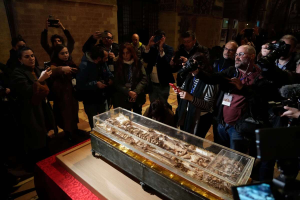Scientists just uncovered soft tissue inside a 70-million-year-old dinosaur fossil, and it could help us crack the code on cancer.
The fossil belonged to Telmatosaurus transsylvanicus, a cow-sized herbivore with a tumor in its jaw—similar to tumors humans still get today.
Why does this matter? Because buried in those ancient tissues are proteins.
Tiny molecular storytellers that could reveal how diseases like cancer evolved.
“Soft tissues contain proteins that provide molecular information,” explains oncologist Justin Stebbing from Anglia Ruskin University.
“To reveal the underlying biological mechanisms of disease.”

What’s The Twist?
Creatures like elephants and whales evolved ways to fight cancer.
Could dinosaurs have done the same?
If so, that knowledge might one day help humans prevent or treat cancer more effectively.
But there’s a catch. We need to keep these fossils safe for future study.
“It is crucial that long-term fossil conservation efforts are coordinated,” Stebbing warns.
Turns out, dinosaurs may not just tell us about ancient worlds—but could also teach us how to outsmart modern diseases.





